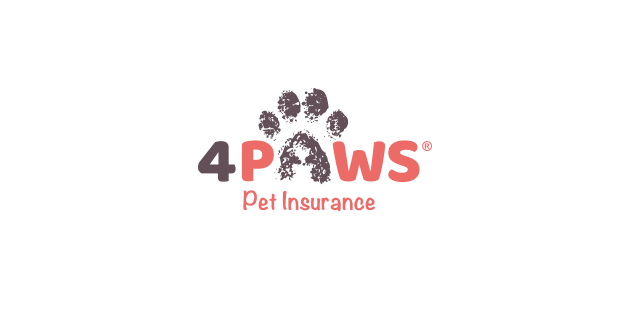14 Oct Why a healthy weight matters for your pets
Weight Management
At 4Paws, we’re passionate about helping pets live long, happy and healthy lives. One of the biggest health challenges facing pets today is obesity. Just like in humans, carrying extra weight can lead to serious health problems for animals, including diabetes, arthritis, heart disease and can ultimately reduced their lifespan.
The good news? With a little awareness and a few simple changes, you can keep your pet fit and full of life. In this blog we take a closer look at how obesity affects dogs, cats and rabbits, and what you can do to keep them healthy.
Dogs and Weight Management
Why it matters:
Overweight dogs are more prone to joint pain, breathing difficulties and heart problems. Breeds with short legs or flat faces (like Dachshunds) are especially at risk.
Signs your dog may be overweight:
- You can’t easily feel their ribs without pressing
- They lack a defined waist when viewed from above
- They get tired quickly during walks
Tips for keeping dogs healthy:
- Stick to portion sizes recommended by your vet and don’t rely on guessing food measurements.
- Use low-calorie treats, or swap in veggies like carrot sticks or green beans.
- Make exercise part of your dog’s routine – enjoy long daily walks and playing fetch.
- Avoid giving table scraps, which are often too fatty or salty for dogs.
Cats and Weight Management
Why it matters:
Indoor cats in particular are prone to weight gain. Extra pounds put stress on joints and increase the risk of diabetes and liver disease.
Signs your cat may be overweight:
- They’ve lost their waistline and appear rounded from above.
- They struggle to jump onto furniture.
- Their grooming habits change (some overweight cats can’t reach certain areas).
Tips for keeping cats healthy:
- Feed measured meals instead of leaving food out all day.
- Encourage activities with toys, climbing trees or laser pointers.
- Try puzzle feeders to make mealtimes more stimulating and slow down eating.
- Use treats sparingly and make playtime the reward instead.
Rabbits and Weight Management
Why it matters:
Rabbits can become overweight if their diet is too rich in pellets or treats. Obesity in rabbits can lead to digestive problems, arthritis, and even flystrike – a serious condition caused by poor grooming.
Signs your rabbit may be overweight:
- You can’t feel their ribs easily.
- They have folds of fat around their hindquarters.
- They struggle to groom themselves properly.
Tips for keeping rabbits healthy:
- Provide unlimited fresh hay, which should make up most of their diet.
- Offer leafy greens daily, with pellets in limited amounts.
- Avoid sugary treats like fruit or carrot.
- Give them plenty of space to hop, run and explore every day.
A Healthier Pet Means a Happier Life
Keeping your pet at a healthy weight isn’t just about avoiding health problems, it’s about their quality of life. A trim, fit pet has more energy to play, explore and spend time with you. Regular vet check-ups are the best way to keep track of your pet’s weight and overall health. If you’re ever unsure about your pet’s diet or exercise needs, your vet can help create a tailored plan.




